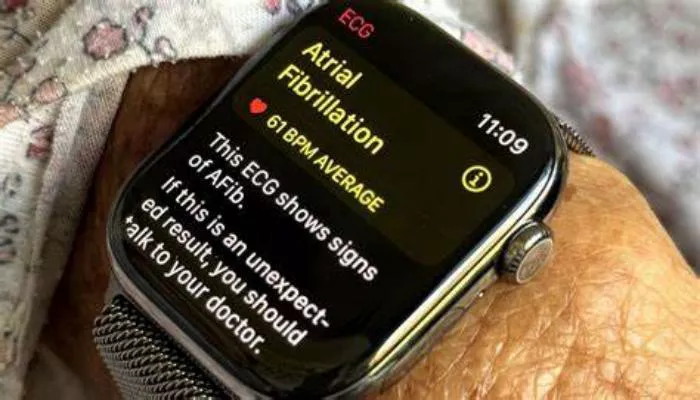Northwestern Medicine has launched a groundbreaking study exploring how Apple Watches could transform treatment for atrial fibrillation (AFib), the most prevalent form of heart arrhythmia. The research will provide thousands of participants with Apple Watches to monitor their heart rhythms and optimize medication use.
AFib causes irregular and often rapid heartbeats originating in the heart’s upper chambers, increasing the risk of stroke, heart failure, dementia, and premature death. Current treatment guidelines require lifelong daily blood thinners, but these medications carry significant risks, including excessive bleeding.
Study Tests “Pill-in-Pocket” Approach with Smartwatch Technology
The seven-year trial will compare traditional daily blood thinner use against an innovative “pill-in-pocket” strategy, where patients take medication only when needed. An Apple Watch app will analyze heart activity and alert users when an AFib episode begins, prompting them to take their prescribed blood thinners at the optimal time.
“We believe this approach will not only reduce bleeding risks and medication costs but also enhance patients’ quality of life,” said Dr. Rod Passman, a leading cardiac electrophysiologist at Northwestern Medicine and director of the Center for Arrhythmia Research.
Nationwide Recruitment Underway
The study will enroll participants across more than 80 U.S. sites. Eligible individuals must own an iPhone, though Apple is supplying the watches. Researchers aim to determine whether personalized, on-demand treatment can be as effective as continuous medication while minimizing side effects.


